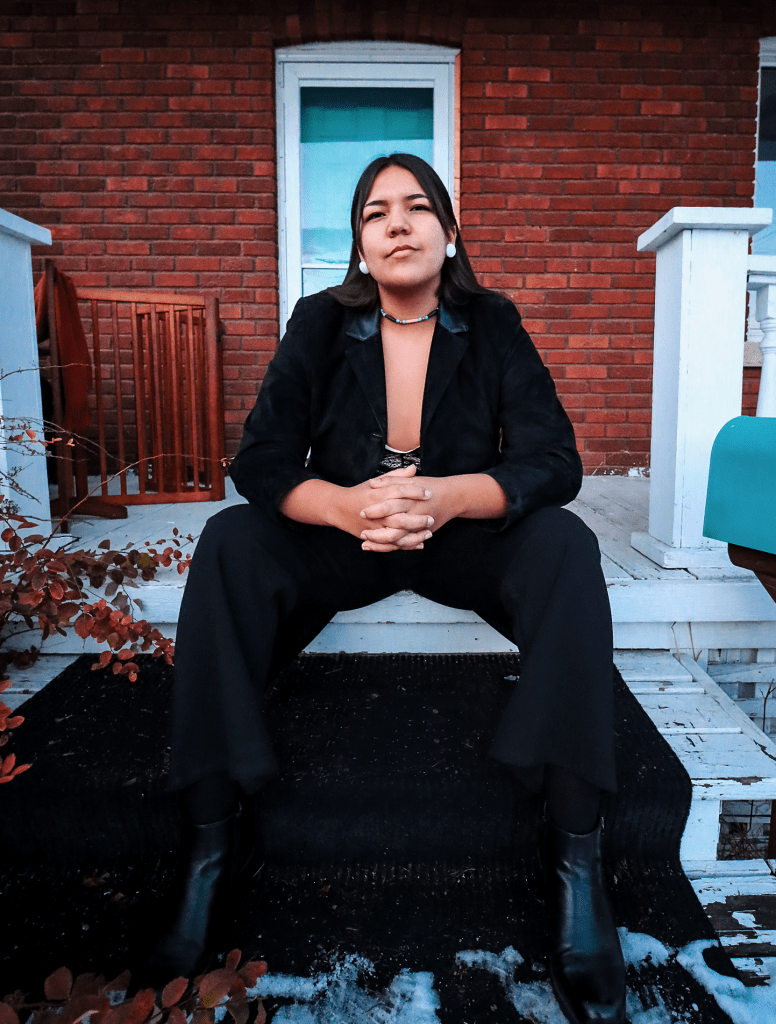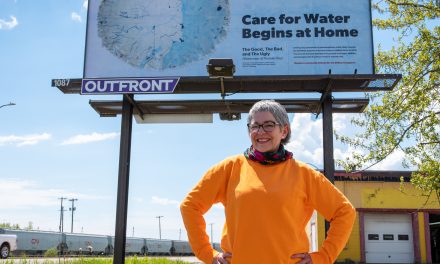
By Etanda Arden
A local filmmaker is teaming up with a Toronto-based director to tell a story of how Black and Indigenous identities overlap in Canada.
“I feel like almost everyone in the world can relate in some sense of just trying to balance intersecting identities in so many different ways,” says Victoria Anderson-Gardner, a co-director of Tenaya.
With several documentary titles under her belt, Anderson-Gardner, who is from Eagle Lake First Nation near Dryden and now lives in Thunder Bay, is working with co-director and writer Kyle Schmalenberg on the feature-length film. The film is about a Black mixed-race girl living in Toronto who sets out to learn more about her heritage after finding out she is part Indigenous. The film won the Toronto International Film Festival’s [TIFF] Big Pitch Audience Choice Award earlier this year and is currently in the early stages of development.
Schmalenberg, a mixed-race Canadian with roots in both Austria and Bermuda, says the idea for this film came while working with a group of young Indigenous filmmakers on a storytelling project in California. “I started thinking about what it is like, you know obviously I’m mixed and Black, growing up in Canada,” he says. “But I know that there are people here―more than a few―that have both Indigenous background and Black background, and so really started to think about what that kind of experience might be like.”
The co-directors feel that community involvement is important. The First Nation in which part of the film will be set hasn’t been chosen yet, but they are looking for a line producer to act as a community liaison, according to Anderson-Gardner. Schmalenberg says that if the first branch of the project is the production of the film itself, then the second―what he calls a “creative sovereignty lab”―is ensuring a space for young Black, Indigenous, and female filmmakers to work alongside the people hired to produce the film.
Despite its timeliness in the current racial climate, Schmalenberg says he began writing this story two years ago and wants the eventual audience to feel the authenticity of the film. The co-directors want to premiere the film at TIFF in September 2022, and are hopeful it will be broadly well received, including in Thunder Bay.
“I’m hoping it’ll open people’s eyes more, too,” Anderson-Gardner says, noting that the city has its own issues with racism. “The people of Thunder Bay don’t need to stereotype or assume the worst of Indigenous people or people of colour. […] We are capable of doing these bigger things and we’re out here.”














